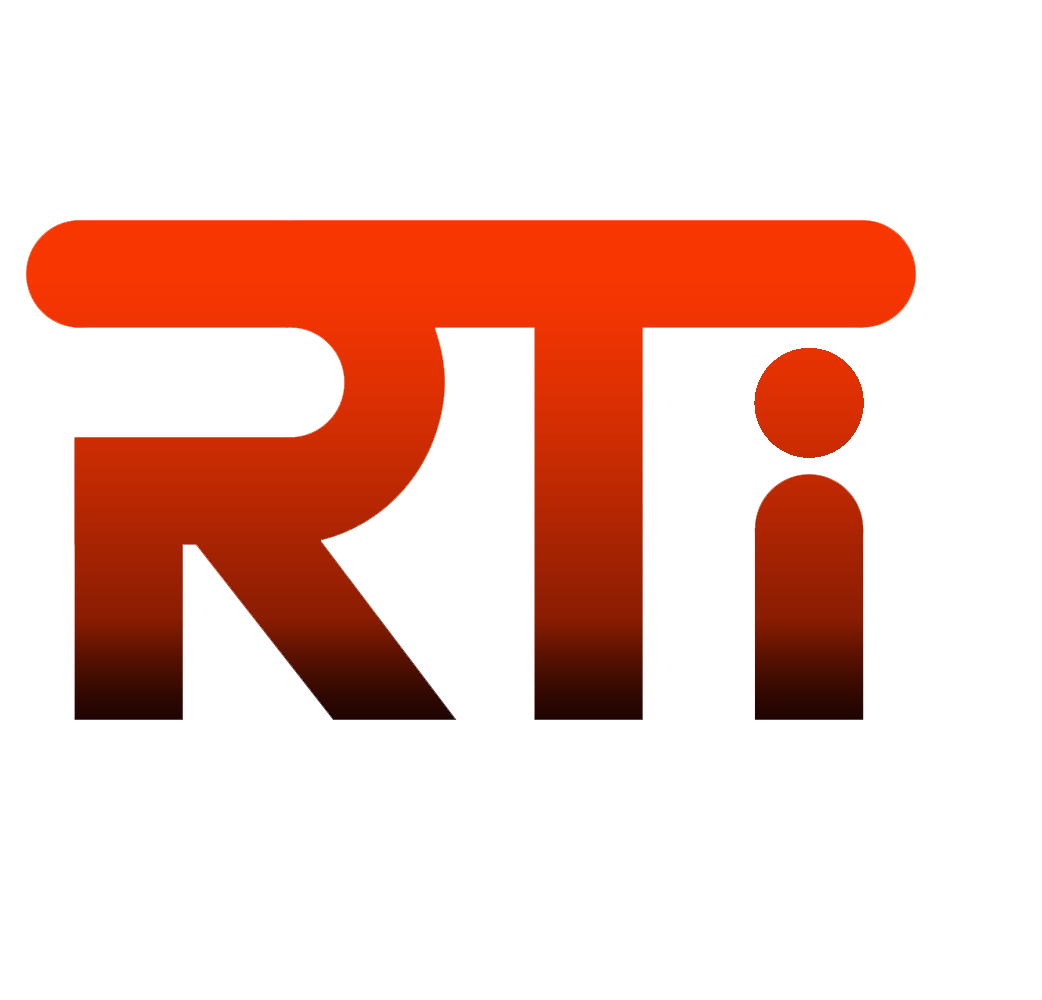Advanced Energy Economics and Policy Training Course

About Course
Course Overview
What is energy economics? It is a broad field of study related to the supply and consumption of energy in societies. It encompasses the study of energy resources and commodities. The underlying forces motivating firms to supply, convert, transport, use energy resources, and dispose of residuals are also extensively studied.
Energy economics revolves majorly around energy policy. Energy policy is a method for addressing issues of energy production, distribution, and consumption. Various attributes of energy policy include energy conservation, taxation, etc. Energy and appropriate management of it is critical to a developing economy for its manufacturing, transportation and delivery functions.
This RTI course will empower you with an in-depth understanding and detailed knowledge of energy economics. The skills and experience gained will help you assume higher roles and responsibilities, thereby providing you with the required capabilities for career growth and progression.
Since energy economics is a global subject that needs to be addressed by most such organisations, gaining knowledge of international practices and concepts will provide you with opportunities outside your current organisation, thereby increasing avenues and scope for growth.
Course Objectives
The main objective of this Energy Economics and Policy Masterclass training program is to empower professionals with—
- Detailed information and knowledge of energy economics
- The required awareness and understanding of international standards and concepts that could be applied for organisational development and operational enhancement
- the necessary skills and experience to train other professionals regarding best practices of energy economics
- The experience and exposure to address appropriate aspects of climate change, energy policy, etc.
- The required analytical skills to accurately assess supply and demand
- the skillset and capabilities to work with various energy models to increase efficiency and overall delivery
- the experience and expertise to assess risks and challenges and make changes for effective resolution and risk mitigation
- The overall skill set and capabilities to effectively manage the energy economics for your organisation, thereby demonstrating potential and talent, and increasing opportunities for career growth and progression
Training Methodology
Training courses at Regewall Training are framed with scope for customisation as per the academic and/or professional backgrounds of the training audience of each batch. This involves a thorough review of the training content before the commencement of each training session.
A highly experienced professional from the relevant domain delivers the training using detailed audio-visual presentations for ease of reference. The trainer also encourages trainee participation through group activities and projects. Role-plays, case studies, and experiential learning are also some approaches adopted through the training.
The above innovative model of training was conceptualised by Regewall Training and is used for all their courses. This approach is called the Do–Review–Learn–Apply Model.
Organisational Benefits
By professionals undertaking this Energy Economics and Policy Masterclass course, their respective organisations will derive the following benefits:
- Better management of energy economics by trained and experienced professionals
- Effective risk assessment, analysis, and mitigation through detailed analysis by trained experts
- Better prediction and assessment of energy demand and supply to reduce wastage and increase profits, thereby contributing to organisational growth and development
- Higher client satisfaction because of a good balance between supply and demand, preventing a delay in delivery to the customer
- Application and implementation of advanced concepts and energy models to increase efficiency and productivity within the organisation
- Regular training of employees on best practices and advancements in the field of energy economics
- Increased credibility because of adherence to international standards and concepts of energy supply and distribution, leading to increased investments and, ultimately, growth of the organisation
Personal Benefits
Professionals undertaking this Energy Economics and Policy training course will derive the following benefits:
- In-depth understanding and knowledge of all critical aspects of energy economics
- Enhanced analytical skills to effectively and accurately assess energy supply and demand
- Increased confidence and skillset to train other professionals on best practices and concepts related to energy economics
- Better ability and understanding to enhance or change processes and systems to increase organisational growth and development
- Increased understanding and knowledge of advanced techniques and concepts related to energy economics, enabling one to assume higher responsibilities in energy economics in any organisation, thereby increasing avenues for career growth and progression
- Better understanding and analytical as well as strategic skills to work with different systems and choose appropriate models for managing energy economics
- Enhanced foresight to predict challenges and risks and make provisions to mitigate the negative impact of these on one’s organisation
- Increased skillset and capabilities to actively take part in the formulation of energy policies to drive energy supply, distribution, and consumption effectively
- A sense of pride contributes to client satisfaction and growth of one’s organisation through effective energy economics management strategies
Who Should Attend?
- Executives and managers responsible for managing energy economics
- Policymakers involved in the creation and implementation of energy policies through the organisation
- Senior managers and directors of an organisation who need to understand energy economics and its potential in detail
- Financial analysts and officers involved in the financial aspects of energy economics
- Strategists and analysts responsible for performing detailed and accurate demand and supply analyses for the organisation
- Auditors and quality checkers are responsible for ensuring the quality of operations while managing the costs of the organisation
- Any other professional interested in knowing more about global energy economics
Course Outline
The Energy Economics and Policy course covers the following areas important to understanding global energy economics:
Module 1 – Components of Energy Economics
- Behaviour
- Prices
- Market dynamics and interactions
Module 2 – Basic Economic Principles
- Rational behaviour
- Market equilibrium
- Analysis of policy impact and potential
Module 3 – Focus Areas for Energy Economics
- Climate change and climate policy
- Demand response
- The elasticity of supply and demand
- Energy and economic growth
- Energy derivatives
- Energy elasticity
- Energy forecasting
- Energy markets
- Energy policy
- Environmental policy
- Risk analysis
- Sustainability
Module 4 – Types of Energy Resources
- Depletable
- Storable renewable
- Non-storable renewable
Module 5 – Sources of Energy and their Global Utilisation
- Fossil fuels
- Coal
- Oil
- Natural gas
- Nuclear power
- Renewable energy
- Hydro
- Marine energy
- Wind
- Solar
- Geothermal
- Bioenergy
Module 6 – Typical Layers of a Smart Grid
- Power system layer
- Power control layer
- Communication layer
- Security layer
- Application layer
Module 7 – Aspects of an Energy Policy
- Statement of national policy regarding energy planning, generation, transmission, and usage
- Legislation on commercial energy activities
- Legislation affecting energy use
- Instructions for state-owned energy sector assets and organisations
- Active participation in the coordination of incentives for mineral fuel exploration
- Fiscal policies regarding energy products and services
- Energy security and international policy measures
Module 8 – Means to Characterise Energy Models
- General and specific purposes
- Model structure
- Analytical approach
- Underlying methodology
- Mathematical approach
- Geographical coverage
- Sectoral coverage
- Time horizon
- Data requirements
Module 9 – Types of Energy Models
- Econometric models
- Macroeconomic models
- Economic equilibrium models
- Optimisation models
- Simulation models
- Spreadsheet models
- Back-casting models
- Multi-criteria models
Module 10 – Risks Impacting Energy Economics
- Global warming and climate change
- Rapidly changing industry
- Cyber threats
- Tariffs and trade tensions
- Talent retention and new hires
- Catastrophic events

